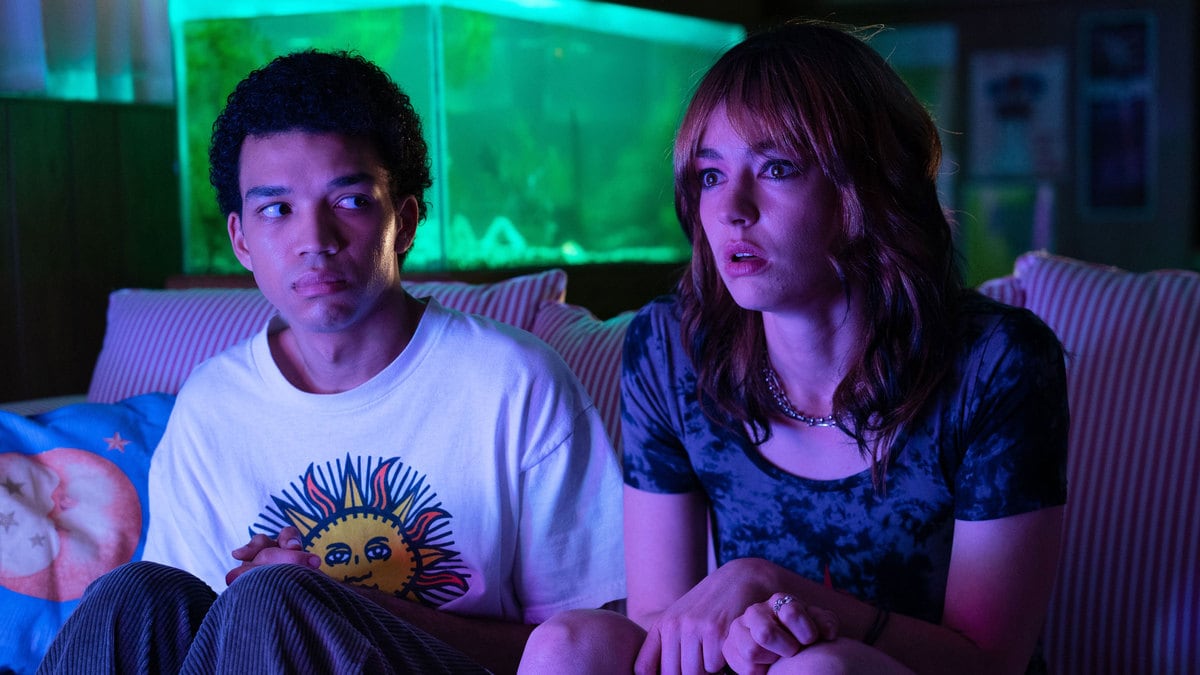How ‘I Saw the TV Glow’ Star Brigette Lundy-Paine Became a ‘Space-Alien Cowboy’
INSIDE THE PINK OPAQUE
The Daily Beast’s Obsessed caught up with the break-out star of the hot new film and discussed “Buffy the Vampire Slayer,” the power of trans cinema, and dildos.

Trending Now





